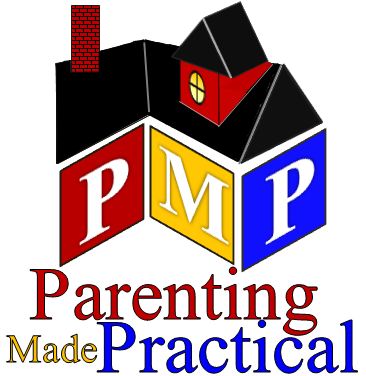Teaching and Training
By Joey & Carla Link
March 18, 2020
I (Carla) just gave my 8 year old grandson a piano lesson via Facetime. I had to stop him several times as I was trying to explain a new concept to him, teaching him about musical “ties”. Teaching is “imparting knowledge”. This means teachers know more than the one they are sharing this new knowledge with.

Did my grandson take this new concept I was teaching him and run with it? No, he didn’t, and I had him go over it again and again during our lesson time. Why didn’t he get it? He had information but his brain didn’t have a way of remembering it yet. That’s where training comes in. Training is “learning new skills”. To learn new skills takes practice. You have to do it over and over again, making adjustments when you don’t do it right until you get it down.
Is my grandson excited about this new concept I was teaching him today? No, he wasn’t. He didn’t remember it when I would go back to it because it wasn’t important to him. Like most children, he doesn’t want to learn how to play the piano; he just wants to have fun playing it.
As his piano teacher, it is my job to make sure he learns what he doesn’t want to. That’s where practice comes in. I am requiring him to practice songs with this new concept in it every day this week. By going over it again and again his brain will absorb the way to do it correctly. If I give him at least one song with a tie in the score every week for the next 4 weeks, that will reinforce the concept of “ties” to him. What if a month goes by before I give him another song with a tie in it? Will he remember to play it correctly? Probably not, because I didn’t reinforce that teaching with consistent practice.
If you know how to play the piano can you teach it? Not necessarily. Teaching requires wisdom, which is using “knowledge, experience and good judgement.” I am a good teacher because I know how to read music and play it (knowledge), I have been teaching piano for over 30 years (experience) and I know when a student is and is not ready for a new challenge (good judgement). If you are a new teacher you most likely have knowledge and good judgement. A mentor can help you gain the experience you don’t have.
Let’s apply this to parenting. When your primary form of parenting is to stop your kids when they are doing something inappropriately by yelling at them or talking to them in a firm, abrupt tone of voice, what are you teaching them?
- Are you giving them new knowledge or reviewing what they already know?
- Are you showing them how to put this knowledge into practice?
- Have you consistently reinforced this knowledge with adjustments (correction) or praise?
When my mom was frustrated with my sisters and I, she would say, “How many times have I told you…” If this is your mindset our response is “too many times.” You just keep giving them the same information over and over again, but you haven’t consistently required them to show you they know how to use it.
Every parent is a teacher, for in everything you do or don’t do with your kids, you are teaching them something. Let’s look at what teacher’s do.
- They share new information.
- They review information already shared.
- They require their students to practice using the new or reviewed information.
- They make adjustments to the way the student is using the information, then they require them to practice using it again.
- They correct their students when they don’t use the information the right way.
- They praise the student when he/she uses the information correctly.
Whether you are teaching your child a new skill like making his bed or a character trait like being kind when he doesn’t feel like it, following these steps will ensure your child has the opportunity to get it right.
“Train up a child in the way he should go;
even when he is old he will not depart from it.”
Proverbs 22:6
